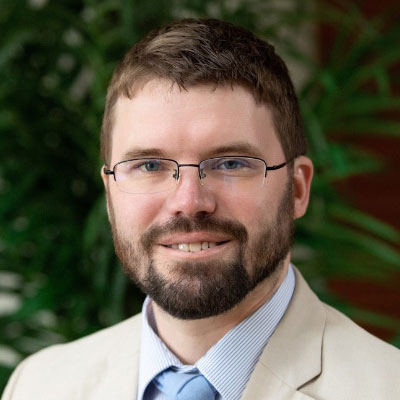“Florida will not allow homeless encampments to intrude on its citizens or undermine their quality of life like we see in states like New York and California,” Gov. Ron DeSantis declared when signing the bill to prohibit homeless Floridians from sleeping in public spaces, which takes effect Oct. 1.
Homeless encampments reside at the center of the dilemma between the two sides of the homelessness crisis. On the one hand are the people whose lives are negatively affected by the presence of street homelessness. After business owners in Phoenix, Arizona won a lawsuit against the city for its refusal to clear a homeless encampment, the judge rebuked local officials for focusing solely on the needs of those living in the encampment “without equal regard for the City’s constituent property owners, business owners, employers and their employees.” DeSantis’s law will make it easier for Floridians to win similar lawsuits.
The other side of the homelessness crisis, of course, are the homeless themselves, especially those living on the streets. The unsheltered homeless are the most visible segment of the unhoused population and the source of many public-nuisance issues, such as public defecation and drug-related biohazard waste.
DeSantis claims his bill will help both groups, touting its “commitment to law and order” while also promising that homeless individuals will “have the resources they need to get back on their feet.” The new law requires cities to do more than arrest people who sleep in public spaces. It mandates that they provide homeless shelters, impose sobriety requirements, and offer mental-health and substance-abuse treatment.
The law permits cities without enough beds to establish sanctioned encampments for a year as they build their shelter capacity. Sanctioned encampments are especially controversial, with many critics warning that they amount to de facto internment camps, sometimes even making comparisons to Auschwitz. David Peery, founder of the Miami Coalition to Advance Racial Equity, believes the policy is designed to appease “certain really fascist repressive people.”
These critics might consider how their histrionic predictions about Florida’s encampment ban compare to California’s actual approach to homelessness. In November, Gov. Gavin Newsom announced $300 million in state funding for cities to clear homeless camps while crowing about having already dispersed nearly 6,000 encampments. Newsom’s odd boast seemed an implicit admission that California cities repeatedly cleared the same encampments, as displaced persons had little recourse but to recongregate elsewhere.
Sanctioned encampments will also likely make outreach efforts more successful. San Francisco recently published a scathing audit of its homelessness outreach teams, which have failed abysmally at connecting the city’s unsheltered population with needed services. As the report notes, these failures largely result from the difficulty of following up with clients who express interest in housing and supportive programs, often because they simply cannot be located. By designating spaces for the homeless to stay, outreach workers can more effectively shepherd people into the programs they need.
Florida’s mandate that these sites enforce sobriety and substance-abuse treatment provides another important contrast to California, whose multi-billion-dollar homelessness efforts have focused entirely on housing and “harm reduction,” even as overdose deaths have skyrocketed. Nonprofits that receive state funds in California cannot impose sobriety requirements or offer recovery services, but they are allowed to hand out aluminum foil and straws for smoking fentanyl.
With this perspective, Florida’s encampment ban seems to reflect a genuine effort to learn from California’s failures. The shelter mandate and sanctioned encampments require cities to provide places for the homeless to not only sleep, but access working bathrooms and treatment facilities. Certainly this is more humane than California’s practice of forcibly displacing the street homeless, destroying their possessions, and providing addicts with the tools to continue using.
Although it remains to be seen how Florida’s new law will operate in practice, adopting opposite policies from California seems like a sound strategy.








